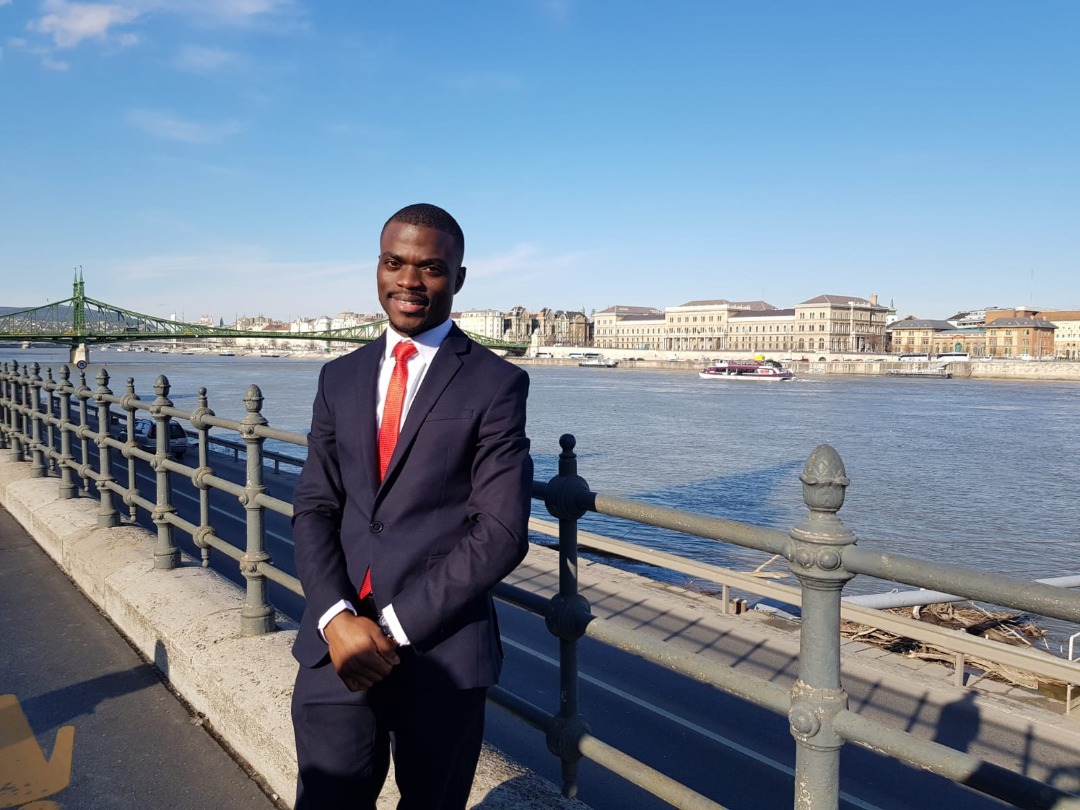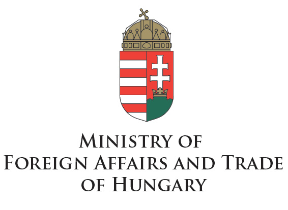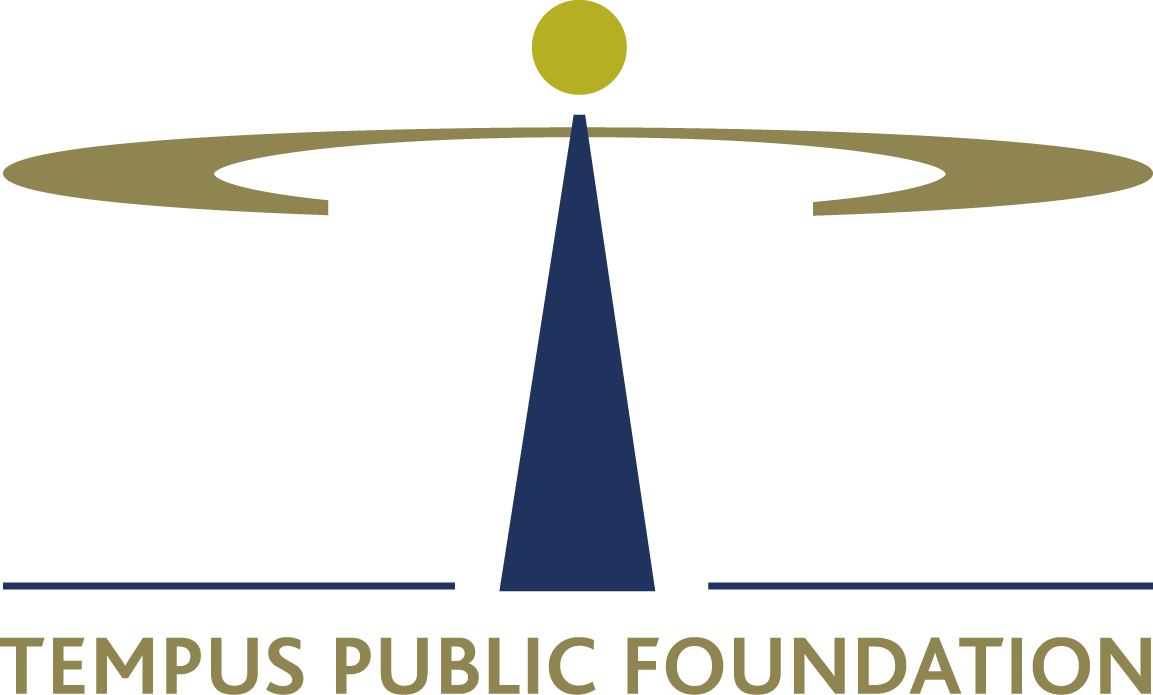Why did you choose Hungary and BME?
My choice of Hungary came because I had a desire to study in Europe and at the time I was applying for scholarships and admission, some of my friends were studying in Hungary under the Stipendium Hungaricum scholarship programme. After interacting with them concerning Hungary, I developed an interest and wanted to experience the people and their culture and, also meet other international students. While applying for the Stipendium Hungaricum scholarship programme, I noticed that BME is one of the top-ranked and best universities in the country, and because I desire to get the best training, I applied to BME.
How did you like your studies? What was your favourite memory during your studies?
Studying Physics at BME was interesting for me because I had the opportunity to meet with the best professors in the field. This has exposed me and broadened my knowledge in the field as well as improved my research skills among many other areas. My favourite moments were the times I had to travel to some parts of the country for sightseeing, to make new friends, and visit other neighbouring countries.
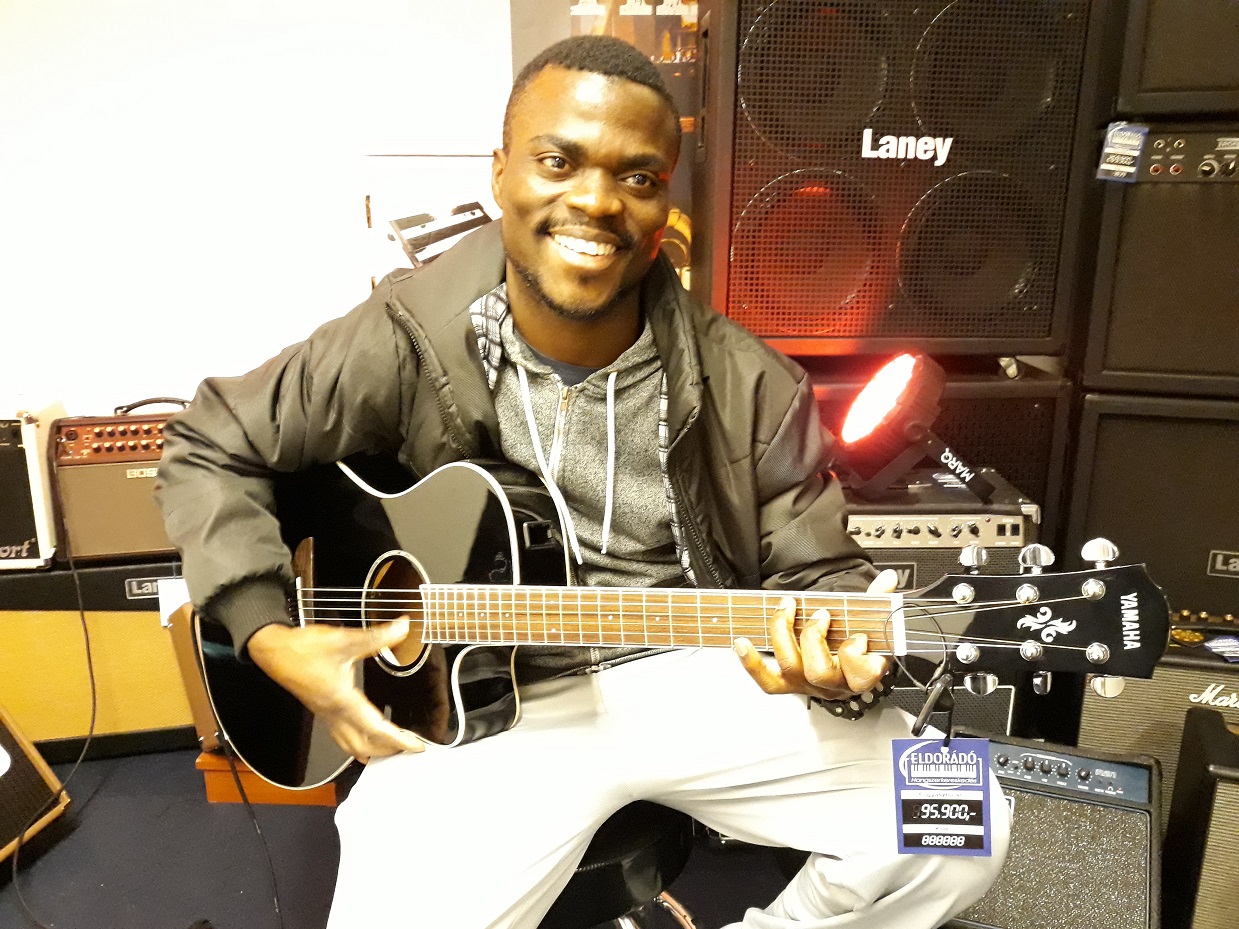
How did you like the country?
I like Hungary because of its unique culture, food, and the people at large. Hungary has a lot of tourist destinations, the transport system is also amazing for me and Budapest is a beautiful city. I have made friends with Hungarians and I can attest that they are beautiful people.
Did you have any difficulties with Hungarian culture? What was that and how did you handle it?
The major challenge I had was with the Hungarian language and this made it difficult to interact with the older population, especially in the markets. To surmount this challenge, I started using some applications to learn the language and even went further to take a beginner course in Hungarian language. With the course, I was able to speak a little and could carry out transactions in the local markets in Budapest.
How does Hungarian culture differ from the Nigerian culture?
The Hungarian culture varies from Nigerian Culture in diverse ways ranging from food, cultural attires, way of life, music, and entertainment among many others. Talking about language, unlike Hungary where they only speak Magyar, Nigeria is considered one of the world’s most culturally diverse country. It has more than 300 ethnic groups with over 500 languages that are spoken by its citizens and many distinct religious and regional diversities. I can also say that, unlike Hungarians, Nigerians are always optimistic regardless of the situation.
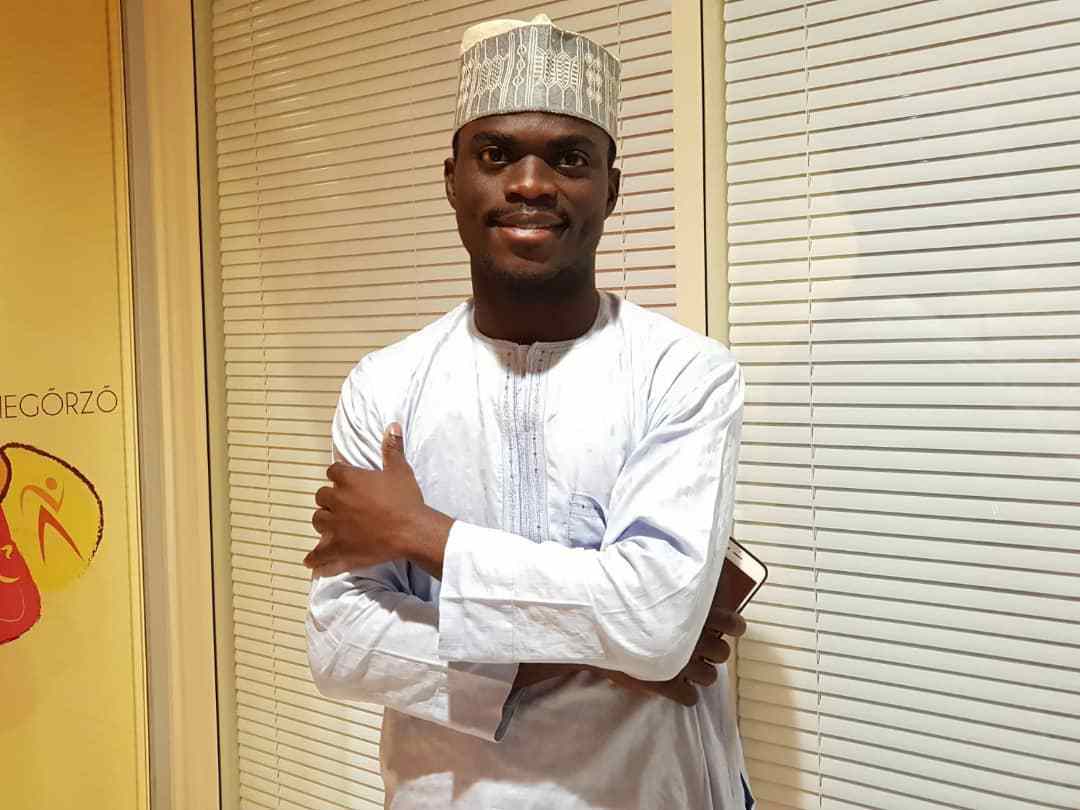
You are among the alumni volunteers. Why did you apply for that position? What’s your task and how do you manage it? What do you think about the Alumni Network Hungary?
I applied for the volunteering programme because I saw it as an opportunity for networking. I am always excited to meet people, so I feel this will also be an avenue to meet with different people from other parts of the world. My task was to build a local group of the Alumni in Nigeria. To that end, I started building a chapter here in Nigeria to provide a platform to network and build collaborations. We have had a series of meetings and looking forward to more. The Alumni Network Hungary has indeed created a platform for all the chapters and the volunteers to collaborate and work together.
What’s your plan for the future?
The plan for the future is to organize more meetings and more educative and entertaining events to showcase Nigeria’s beautiful cultural heritage and diversity among many others. Through the Nigeria-Hungary Alumni Association, we will seek collaboration with Nigeria’s sending partners and the Hungarian embassies in Nigeria to help our members and our society at large. This hopefully will also help to strengthen diplomatic ties between Nigeria and Hungary.
